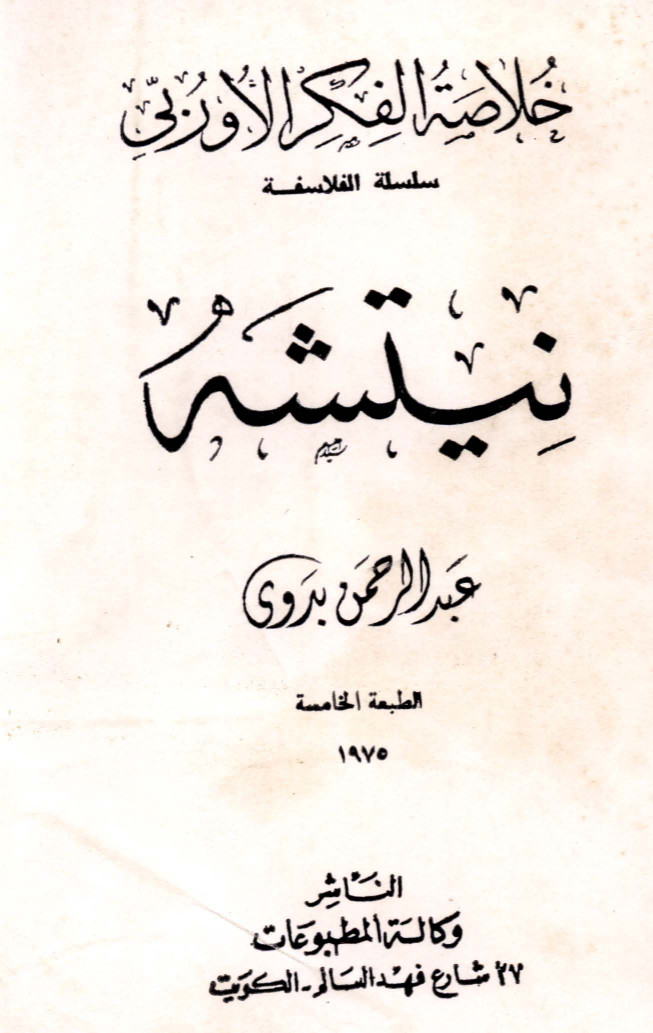Sybil Gordon Kantor: Alfred H. Barr, Jr. and the Intellectual Origins of the Museum of Modern Art (2003)
Filed under book | Tags: · 1920s, 1930s, 1940s, abstract art, art, art history, biography, cubism, museum

“Growing up with the twentieth century, Alfred Barr (1902-1981), founding director of the Museum of Modern Art, harnessed the cataclysm that was modernism. In this book—part intellectual biography, part institutional history—Sybil Gordon Kantor tells the story of the rise of modern art in America and of the man responsible for its triumph. Following the trajectory of Barr’s career from the 1920s through the 1940s, Kantor penetrates the myths, both positive and negative, that surround Barr and his achievements.
Barr fervently believed in an aesthetic based on the intrinsic traits of a work of art and the materials and techniques involved in its creation. Kantor shows how this formalist approach was expressed in the organizational structure of the multidepartmental museum itself, whose collections, exhibitions, and publications all expressed Barr’s vision. At the same time, she shows how Barr’s ability to reconcile classical objectivity and mythic irrationality allowed him to perceive modernism as an open-ended phenomenon that expanded beyond purist abstract modernism to include surrealist, nationalist, realist, and expressionist art.
Drawing on interviews with Barr’s contemporaries as well as on Barr’s extensive correspondence, Kantor also paints vivid portraits of, among others, Jere Abbott, Katherine Dreier, Henry-Russell Hitchcock, Philip Johnson, Lincoln Kirstein, Agnes Mongan, J. B. Neumann, and Paul Sachs.”
Publisher MIT Press, 2003
ISBN 0262611961, 9780262611961
472 pages
Review: Ralph A. Smith (J Aesthetic Education)
Comment (0)David Jenemann: Adorno in America (2007)
Filed under book | Tags: · 1930s, 1940s, 1950s, biography, critical theory, culture industry, Frankfurt school, philosophy, united states

“The German philosopher and cultural critic Theodor W. Adorno was one of the towering intellectual figures of the twentieth century, and between 1938 and 1953 he lived in exile in the United States. In the first in-depth account of this period of Adorno’s life, David Jenemann examines Adorno’s confrontation with the burgeoning American “culture industry” and casts new light on Adorno’s writings about the mass media. Contrary to the widely held belief—even among his defenders—that Adorno was disconnected from America and disdained its culture, Jenemann reveals that Adorno was an active and engaged participant in cultural and intellectual life during these years.
From the time he first arrived in New York in 1938 to work for the Princeton Radio Research Project, exploring the impact of radio on American society and the maturing marketing strategies of the national radio networks, Adorno was dedicated to understanding the technological and social influence of popular art in the United States. Adorno carried these interests with him to Hollywood, where he and Max Horkheimer attempted to make a film for their Studies in Prejudice Project and where he befriended Thomas Mann and helped him craft his famous novel Doctor Faustus. Shuttling between insightful readings of Adorno’s theories and a rich body of archival materials—including unpublished writings and FBI files—Jenemann paints a portrait of Adorno’s years in New York and Los Angeles and tells the cultural history of an America coming to grips with its rapidly evolving mass culture.
Adorno in America eloquently and persuasively argues for a more complicated, more intimate relationship between Adorno and American society than has ever been previously acknowledged. What emerges is not only an image of an intellectual in exile, but ultimately a rediscovery of Adorno as a potent defender of a vital and intelligent democracy.”
Publisher University of Minnesota Press, 2007
ISBN 0816648093, 9780816648092
243 pages
Abdel Rahman Badawi: Nietzsche, 5th ed. (1939/1975) [Arabic]
Filed under book | Tags: · biography, philosophy

The first of nearly 200 books written by philosopher Abdel Rahman Badawi.
عبد_الرحمن بدوي: نيتشة
First published in 1939
This edition published by Agency Publications (وكالة المطبوعات), Kuwait, 1975
295 pages
Badawi at Wikipedia
Comment (0)
